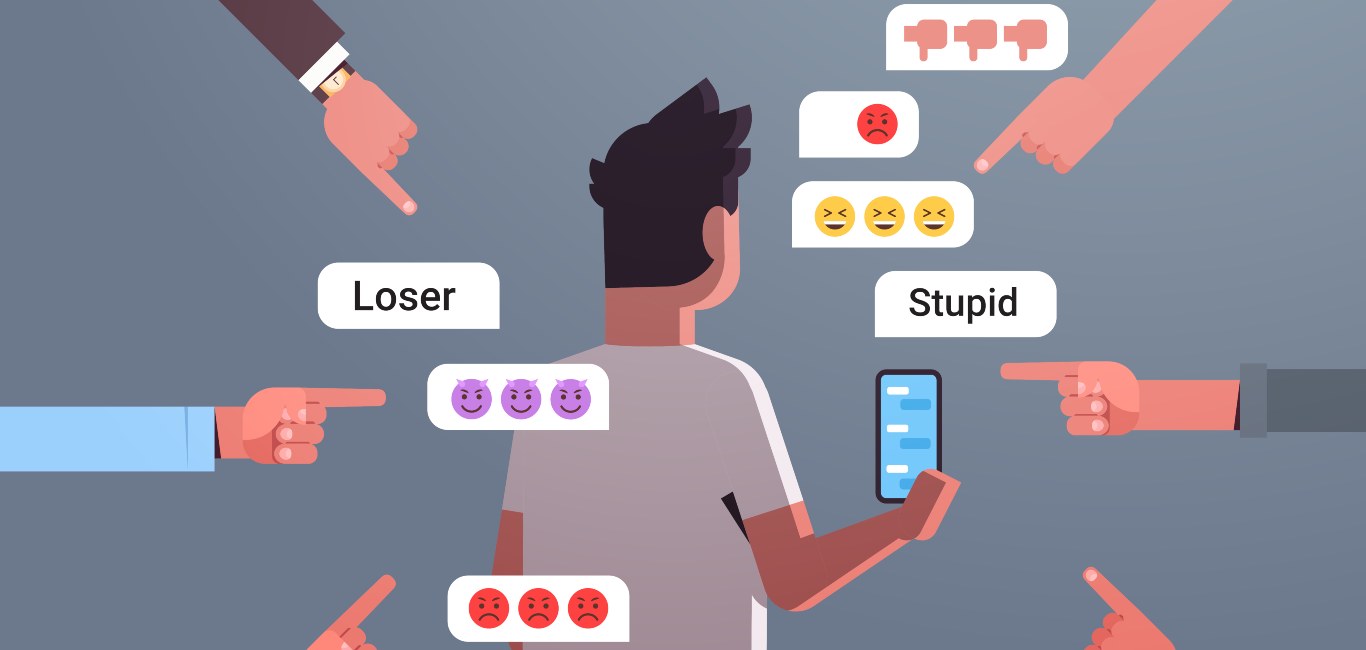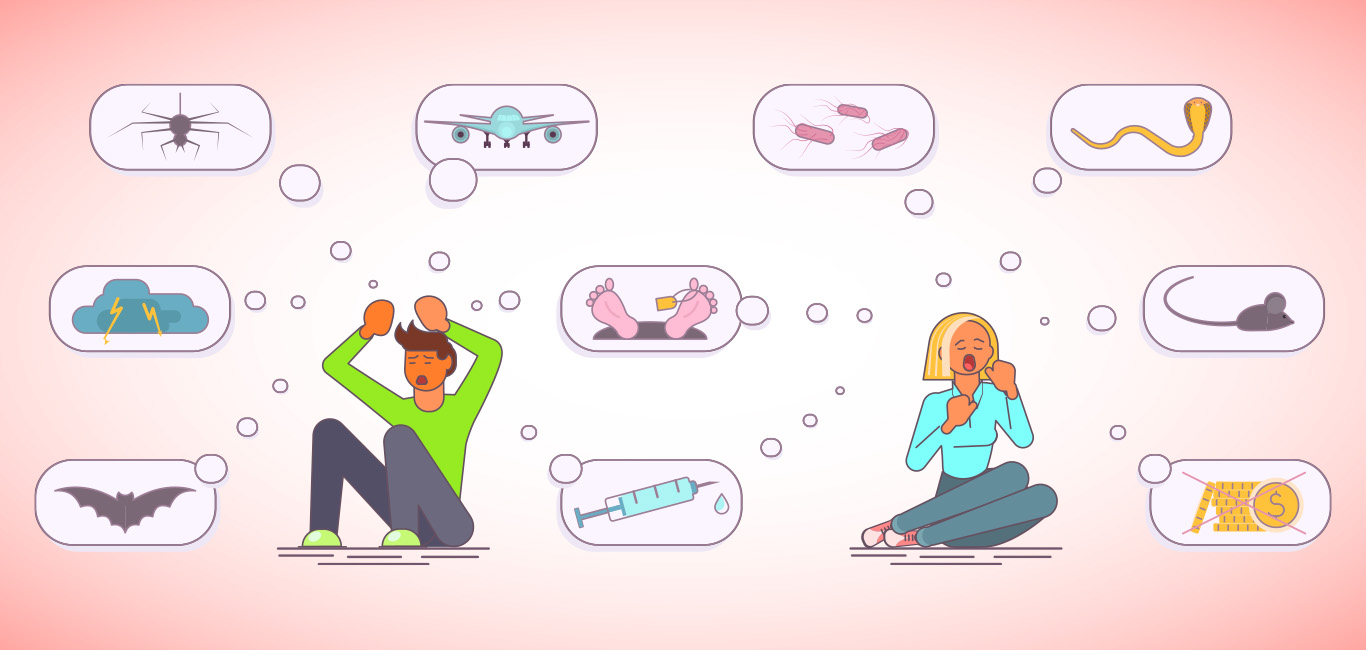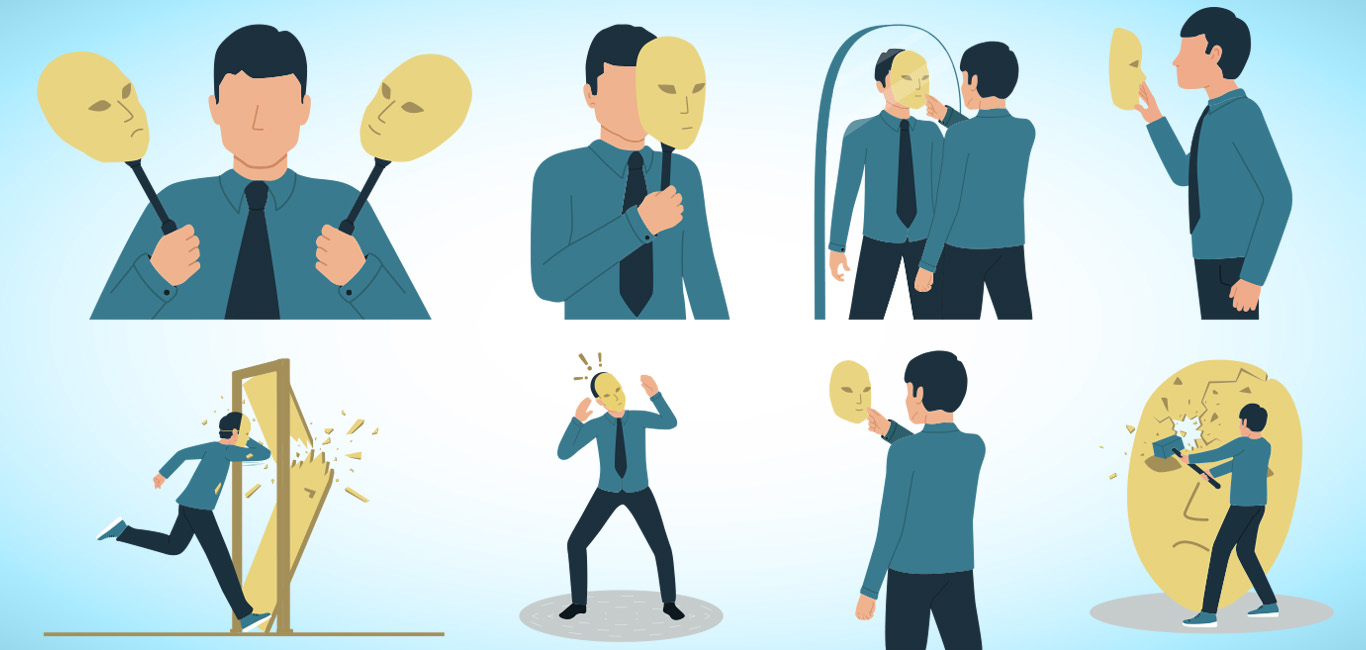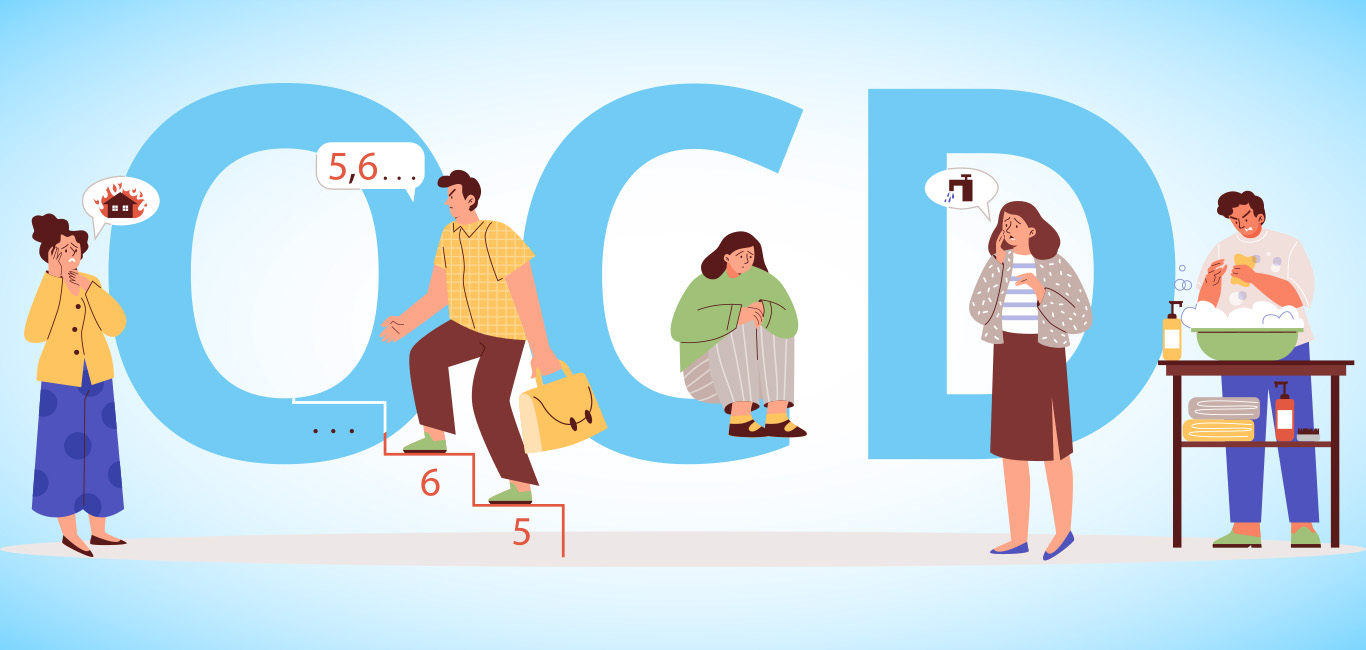
To cope with and find support for relocation anxiety, Annu PK, 24, an engineering student from Kerala, joined an online forum in 2019. However, sharing her story online only escalated her anxiety. “I had never stayed away from home and moving out for college was difficult for me,” she says. Adapting to a different city with people from every nook and corner of the country was challenging for Annu. Hence, she turned to online forums to share her fears and find answers from like-minded individuals.
“But I encountered trolls that attacked and criticised me online undermining my feelings,” she recalls.
Social media trolling and mental health
The incident involved sudden appearance of multiple anonymous profiles, which resulted in hurtful comments on various posts, Annu recalls. She expressed how these comments could be distressing for those dealing with mental health issues as they often reopen emotional wounds and make the healing process more difficult.
“Physical and psychological side effects can be observed in individuals who have experienced trolling, leading to issues like low self-esteem, reduced confidence, sleep disturbances, and even depression,” says Dr Syed Zafar Sultan Rizvi, psychology professor, Noida International University, Noida.
Why do people engage in trolling?
According to Dr Rizvi, individuals who are impulsive, dominating, psychopathic (exhibiting unstable and aggressive or obsessive behaviour), or sadistic are more likely to troll. This indicates that a variety of factors may combine to develop such tendencies to troll people.
According to a paper published in National Institutes of Health, the best method to think about these causes is to separate them into two categories:
- the individual’s mood
- the surrounding context of a discussion (e.g., exposure to prior trolling behaviour)
Statistics
- According to a report published in the European Commission’s Joint Research Centre (JRC), 50 per cent of people (10-18 years) from June-August 2021, experienced cyberbullying or trolling at least once.
- Children who have experienced internet harassment are 68 per cent more likely to develop mental health problems.
- According to a paper published in the Social Science Computer Review (SSCR), out of the 259 respondents, 55 per cent acknowledged using the internet to harass others.
In a conversation with Happiest Health, Alisha Kuruvilla, a student from Bengaluru, described the initial shock she felt when she realised that the internet could also be a source of negativity. “As a minor, it seemed like the internet was the only place where we could speak our mind, be free and be ourselves. So, no matter who you are, or what your beliefs are, it is accepted online. But what we got in return was quite the opposite,” Kuruvilla recalls the incident from her school days.
However, during an international political event, Kuruvilla and her friends were taken aback by the negative response they received on online platforms. On sharing relevant hashtags on Instagram to engage with supporters, they discovered that many from the opposing side used the same hashtags to access and criticise their posts. The hate comments and trolling they encountered were intense and brutal, leaving them shaken, she recalls.
How does someone cope with trolling?
Bengaluru-based psychiatrist Dr Shradha Shejekar, suggests the following ways to cope with social media trolls:
- Try not to let anxiety consume you. Give yourself time to process the emotions and move forward gradually.
- Understand that both positive and negative comments are inevitable in an online space.
- Report and block the trolls, and do not hesitate to involve a trusted adult or an expert for guidance and assistance.
- Share your experience with friends, family, or support groups. It helps you realise that you are not alone and can provide valuable insights.
- Seek professional help from a psychologist to process emotions and develop effective coping mechanisms.
- Consider taking a break from social media or online platforms if the trolling becomes overwhelming.
Kuruvilla recognises the limits of using the internet and blocking trolls which has enabled her to handle online negativity over time. However, despite these challenges, she emphasises the importance of staying true to one’s beliefs, speaking out, and expressing personal needs to the world.

















